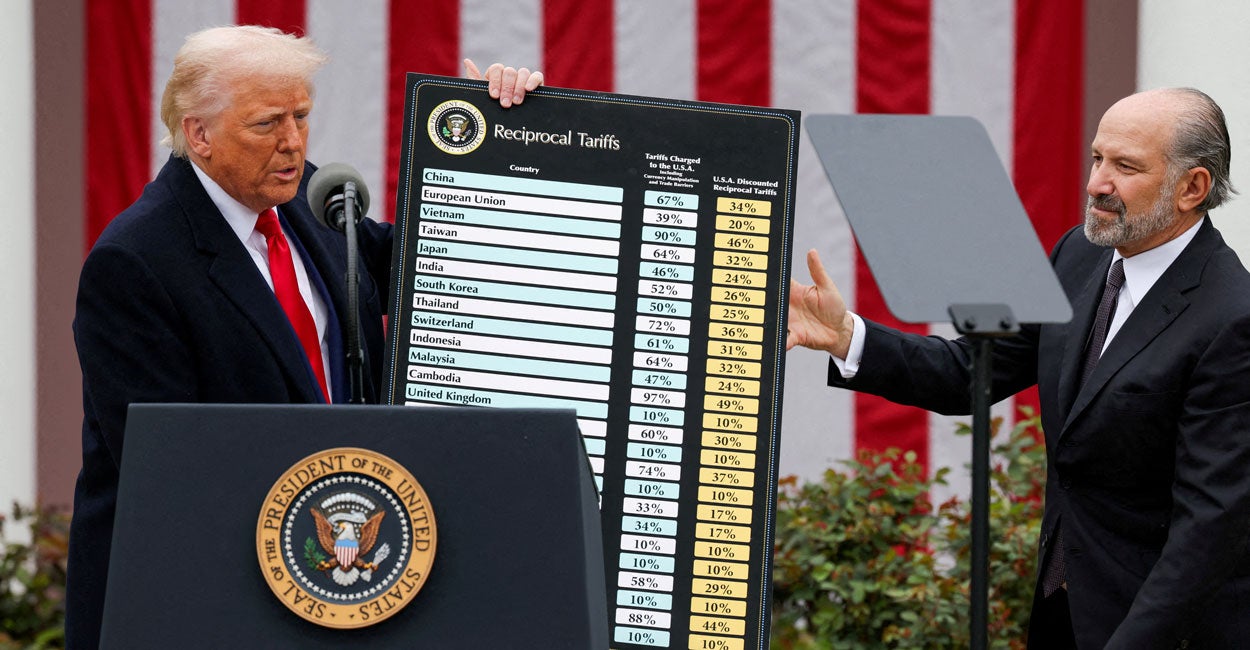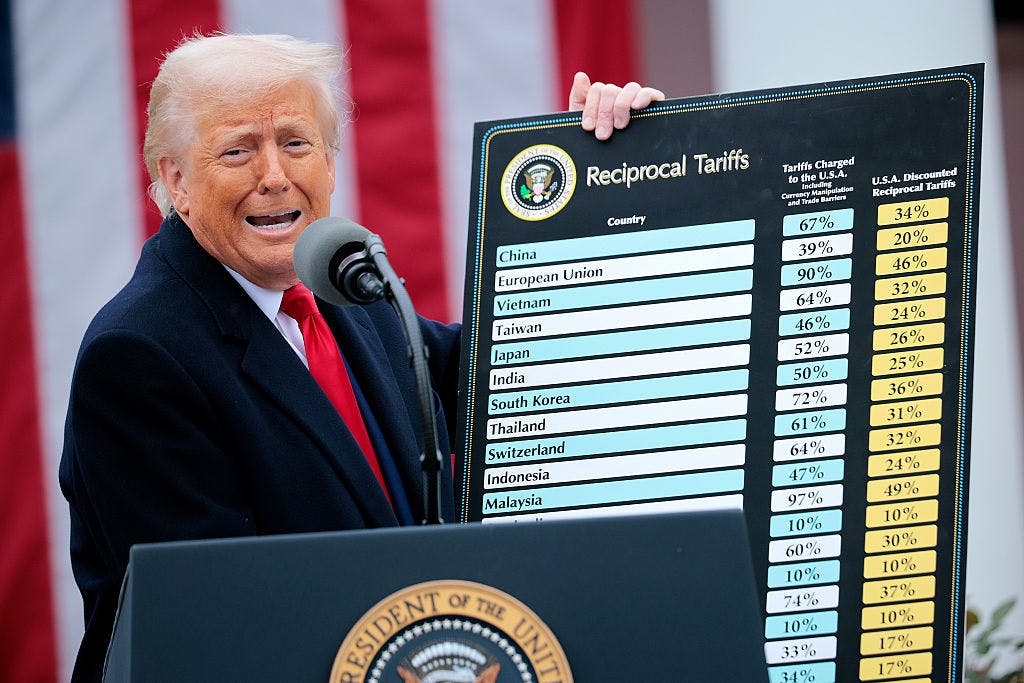Greenpeace Wants Europe to Rewrite American Law

Fueled by the explosive rise of artificial intelligence and the data centers that power it, America’s demand for electricity has surged to record highs. Meeting that demand will require unprecedented investment in reliable, affordable energy. Yet just as the need for dependable power grows more urgent, radical climate activists are working to choke off the very projects that promise to supply it and threatening the integrity of the American judicial system in the process.
Live Your Best Retirement
Fun • Funds • Fitness • Freedom
The clearest example of this troubling trend came earlier this year, when Greenpeace International filed a lawsuit in the Netherlands against the American company Energy Transfer, an extraordinary attempt to overturn a verdict issued by an American court. In the case, a North Dakota jury ordered Greenpeace to pay roughly $660 million in damages for its role in the disruptive 2016 and 2017 protests targeting Energy Transfer’s Dakota Access Pipeline.
During the North Dakota trial, jurors heard how the organization engaged in a campaign of defamation, disruption, and property damage that led to costly delays in the pipeline’s construction. One of Greenpeace’s central falsehoods was that the pipeline would cut through sacred tribal lands. In reality, Energy Transfer worked directly with tribal leaders and routed the pipeline to avoid such areas, a fact Greenpeace chose to ignore.
Greenpeace was also found to have dispatched paid protesters to the construction site who were carrying tools that were later used to lock agitators to equipment. These ‘hired guns’ trained protesters who assaulted law enforcement officers, set fires, and caused untold environmental damage by leaving behind 48 million pounds of garbage.
Sensing that it was likely to lose, Greenpeace filed a countersuit in the European Union, claiming Energy Transfer’s case violated a new EU directive against “Strategic Lawsuits Against Public Participation,” or SLAPPs. That measure was meant to stop frivolous lawsuits designed to silence critics, not to shield activist groups from the consequences of their own unlawful actions.
The implications of this transnational lawsuit are staggering for American energy security and judicial independence. Greenpeace’s attorneys have said that if they win, they will seek enforcement in any jurisdiction where Energy Transfer holds assets, and those assets “would be subject to seizure.” In other words, a foreign court could soon decide the fate of an American company, and by extension, the energy infrastructure that powers our economy.
If that precedent takes hold, it will open the floodgates for radical activists to weaponize the U.S. judicial system and effectively veto energy projects they disagree with. Many other climate NGOs are already turning to litigation and disruption to advance political goals. As the National Law Review recently noted, climate NGOs “have increasingly sued gas, oil, and energy companies, challenging their historic messaging on climate change, plastic recycling, and fossil fuels’ effects.” In one especially brazen case, four nonprofit organizations sued ExxonMobil over the environmental impact of single-use plastics, even though ExxonMobil doesn’t manufacture plastics.
Beyond the courtroom, radical activists have also increasingly deployed violence against American energy suppliers. In 2016, a group calling itself “ShutItDown” launched coordinated attacks on U.S. pipelines across three states in the name of “climate justice.” In 2021, an Iowa woman was charged with conspiracy to damage an energy facility after plotting to use cutting torches on the Dakota Access Pipeline. The same year, roughly 100 protesters stormed Enbridge pump stations in Minnesota, forcing out workers and damaging critical equipment.
What ties these incidents together is not a legitimate environmental concern, but a willingness to weaponize protest and the legal system to achieve ideological ends. The result is greater risk to workers, communities, and the energy systems that power our nation.
If Greenpeace succeeds in convincing a foreign court to overrule an American jury, others may be emboldened to follow suit. U.S. companies could face endless rounds of duplicative or retaliatory litigation abroad, even after winning fair verdicts at home. Such a system would also undermine legitimate environmental advocacy while crippling investment in critical infrastructure, a lose-lose situation for good-faith actors on both sides of the issue.
The stakes could not be higher. Every kilowatt that powers our factories, homes, and AI data centers depends on a stable, secure energy supply. Undermining that supply threatens not only our economy but also our technological and national security. Meeting this moment will require bold action to ensure American energy security and judicial independence are upheld.
We publish a variety of perspectives. Nothing written here is to be construed as representing the views of The Daily Signal.
The post Greenpeace Wants Europe to Rewrite American Law appeared first on The Daily Signal.
Originally Published at Daily Wire, Daily Signal, or The Blaze
What's Your Reaction?
 Like
0
Like
0
 Dislike
0
Dislike
0
 Love
0
Love
0
 Funny
0
Funny
0
 Angry
0
Angry
0
 Sad
0
Sad
0
 Wow
0
Wow
0












































































